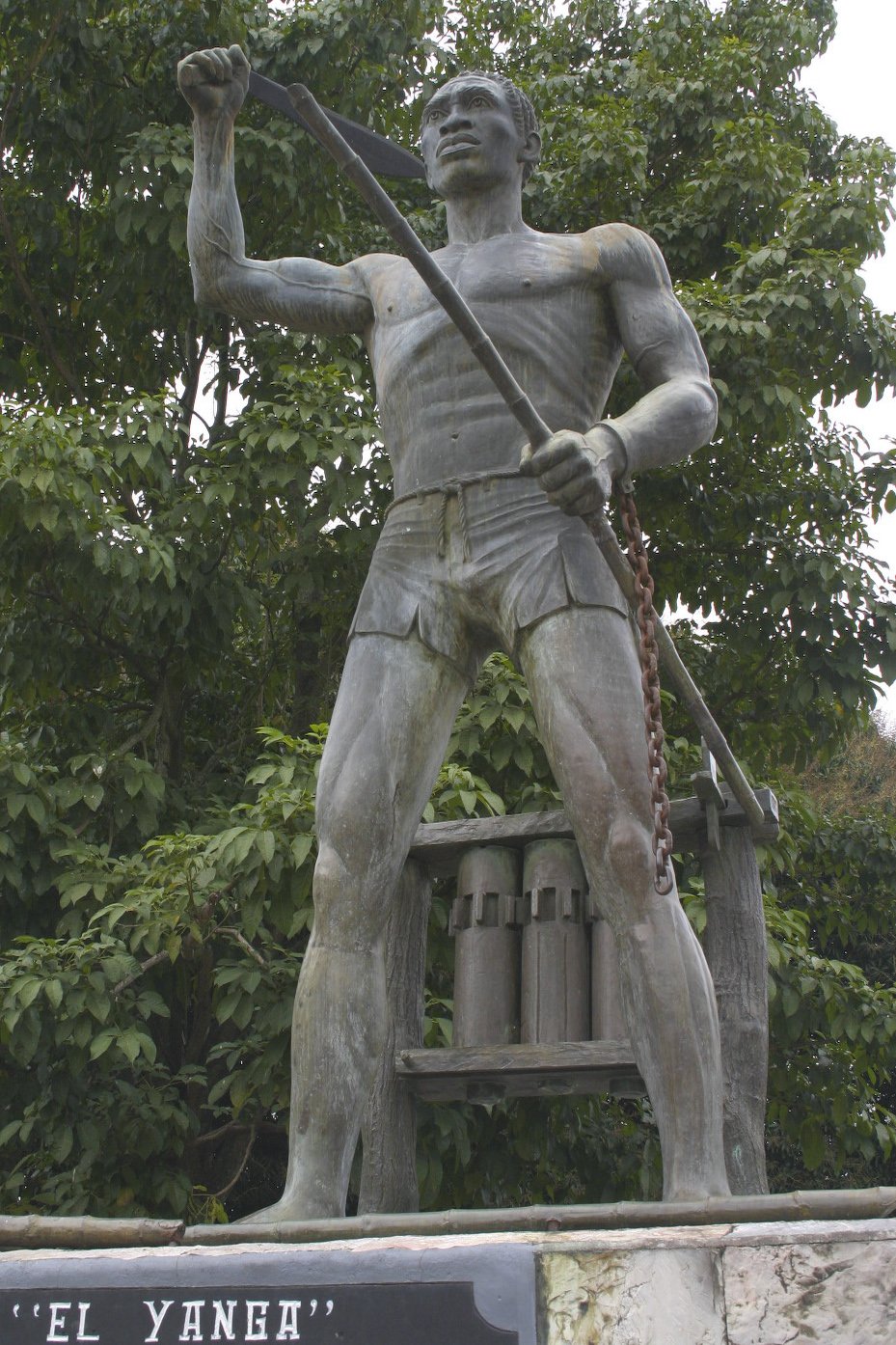A Blaxican Theology
Isabel Gonzalez and Christian Silva talk to Dr. Matthew Vega about becoming a scholar, his dissertation, liberation, and Blaxican theology as an internationalist theology
Gaspar Yanga, el Libertador de Yanga, el Primer Pueblo Libre de América, Veracruz, México, 1971. Born around 1545, Gaspar Yanga, a descendant of royalty, was captured and sold into slavery in New Spain. Along with enslaved Africans and Indigenous people,Yanga orchestrated a significant resistance against Spanish colonial rule in the mountains of Veracruz from 1570 to 1609. The establishment of the city of Yanga stands as a testament to their struggle for freedom, marking it as the first free town in the Americas and cementing Yanga’s legacy as a symbol of resistance and autonomy. Photo: 2008, Erasmo Vásquez Lendechy. Template: Ivanna Azamar Vásquez.
In this episode of OPTalks, Isabel Gonzalez and Christian Silva—recent MDiv graduate and current master’s candidate at Princeton Theological Seminary—converse with Dr. Matthew Vega, an HTI Scholar and now assistant professor at the University of San Diego. The discussion centers on Dr. Vega’s dissertation on Blaxican theology, which uncovers intersections of Black and Latinx identities. It highlights the complexities of categorizing identities within American public discourse, particularly the tendency to oversimplify racial identities into binaries like ‘Black’ and ‘Mexican,’ along with their historical contexts.
Dr. Vega situates Blaxican theology as a shared struggle for liberation and an internationalist theology, emphasizing that “Black people can't be free unless other people in other parts of the world are free, and Mexican and Mexican American people can't be free unless other people in other parts of the world are free.”
His dissertation defense received the highest praise from his committee, and he shares valuable advice for future scholars preparing for their defenses. Drawing from his journey as a first-generation college student, Dr. Vega discusses the systemic challenges he faced and how they have shaped his theological perspective. The conversation also addresses disrespecting borders, liberation theology, and the dynamics of counterpublics in theological discourse.




